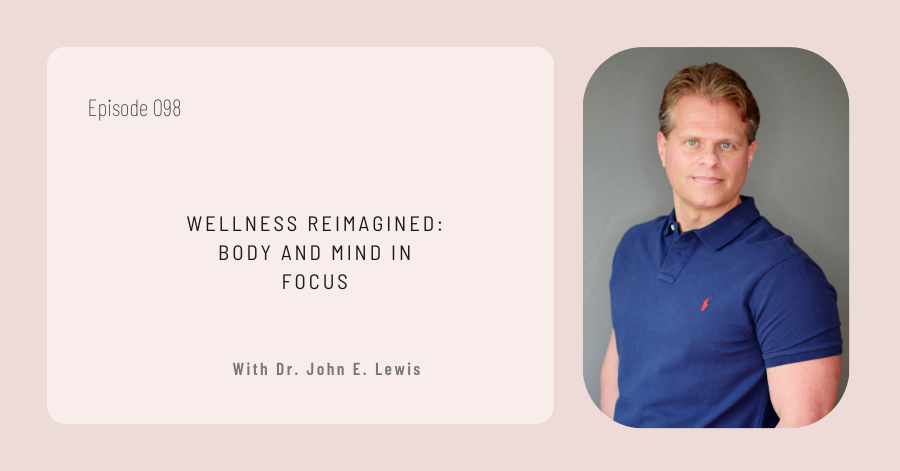Wellness Reimagined: Body and Mind in Focus
Why real nutrition, not shortcuts, shapes a thriving life
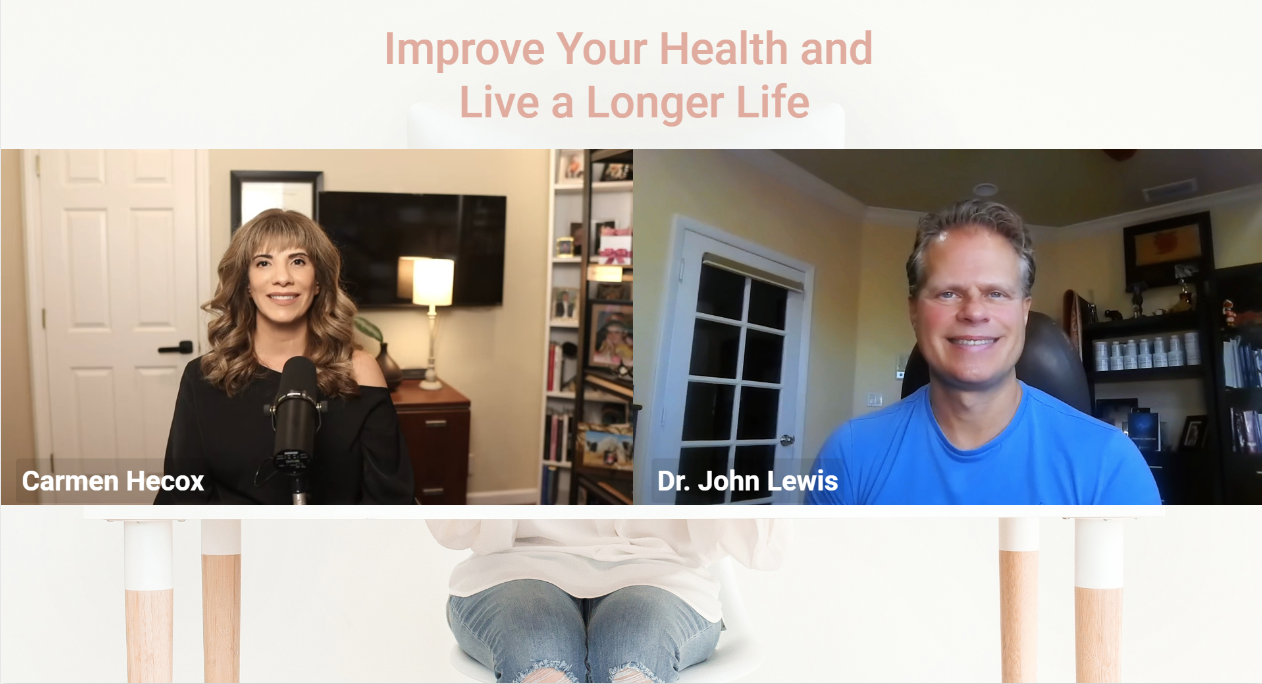
I’ve got a question that often sends me into deep thought about body and mind in focus: Why do so many of us still believe that a quick fix can solve our health struggles for good? It’s a new year, and I’m reflecting on those moments when we sit in a doctor’s office, hoping for a prescription to drop 10, 20, or even 30 pounds as fast as humanly possible. Yet, at the same time, we hear of people who turned their lives around with smart nutrition, balanced exercise, and better supplementation. Which path truly offers lasting health?
In the following conversation, there is a deep dive into real health, sustainable weight loss, and how short-term solutions can do more harm than good—especially for the brain. I’ll explore genuine nutrition, mindful living, and how focusing on the fundamentals can spark longevity.
Before delving into the insights from my talk with Dr. John Lewis, I want to share what you can expect to learn here. First, you’ll see why prescription weight-loss drugs may not deliver the results you hope for in the long run and how a misstep can harm both body and mind. Next, you’ll learn how the right dietary approach can boost cognitive health and energy levels. You’ll also discover how the science of nutritional supplements, especially those derived from aloe vera and rice bran, might be pivotal in supporting the brain. Finally, you’ll walk away with practical tips—three key pillars—for launching your new year’s resolution in a realistic, goal-oriented way that is far less likely to crash and burn.
Let me highlight Dr. John Lewis using his own words so you know exactly why I’m excited about his research. He describes himself as someone who has devoted most of his adult life to “exploring different dietary behaviors, dietary supplements, and exercise training in the pursuit of optimizing health.” After spending years in academic research, he transitioned to the dietary supplement business, where he applies the same scientific rigor to helping people lead healthier lives. He now runs a business focused on unique dietary formulations, aiming to address everyday well-being and more serious challenges like cognitive decline. Throughout our discussion, he offered unfiltered views on why many Americans prioritize quick fixes over genuine preventive care and how that mindset is hurting the nation’s health on a massive scale.
Below, I’ll delve into our most critical topics, each clearly laid out so that anyone seeking a better understanding of how to look and feel great—without harmful shortcuts—can follow along. I hope these insights spark inspiration to embrace new habits for both body and mind in focus.
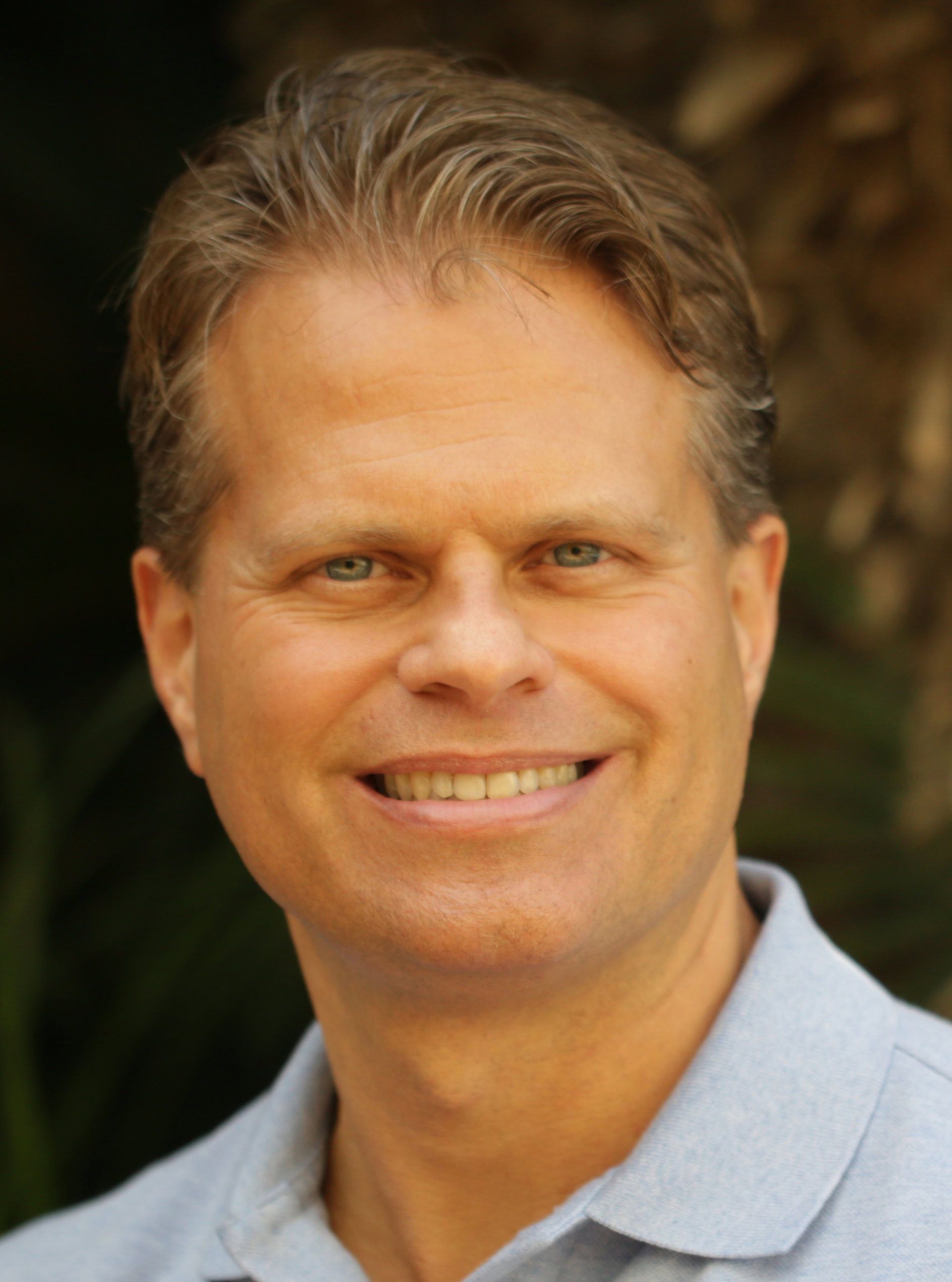
The Lure of Quick-Fix Solutions
Chasing a Rapid Weight Drop
The same pattern emerges every new year: Many of us look at the scale and say, “This is it—I want to lose these stubborn pounds!” And nowadays, we see high-profile individuals touting the miraculous power of certain injections or off-label prescriptions. It sounds wonderful, doesn’t it? A prescription that requires little effort while the body seemingly shrinks in a matter of months. However, Dr. John Lewis stressed that most of these medications have not been studied long enough to confirm their full impact on the brain or other vital systems.
Quick fixes give us a sense of immediate gratification, but often at a substantial cost. The body can exhibit unexpected side effects, and in some cases, individuals neglect deeper issues—emotional eating, poor nutritional habits, or even hormonal imbalances—that might be fueling weight gain. Hitting the pause button and questioning whether a script is truly the healthiest way forward can save us from disappointing results and unresolved health problems.
The Real Cost of Avoiding Hard Work
I’ll admit, I’ve had moments when I caught myself daydreaming: “If only there were a shortcut that let me bypass all the hard work in the gym.” As Dr. Lewis plainly said, “No human is deficient in Ozempic.” These drugs were not designed to replace real changes in diet or lifestyle. Instead, they can mask deeper causes of weight gain. And if you don’t address the root—like too much refined sugar, insufficient exercise, or chronic stress—what’s to stop the weight from creeping right back?
He also pointed out that any drug or prescription medication classified as such has side effects. Many people forget that a prescription requires balancing benefits against unintended consequences. Sometimes, those “unintended consequences” show up as headaches, gut disturbances, or, potentially, neurological side effects that are not yet fully understood by researchers.

Food, Fasting, and the Science of Sustainable Weight Loss
The Fasting Mimicking Diet
After hearing about people who tried fasting for a few days only to crash hard, I was intrigued when Dr. Lewis described something called the “Fasting Mimicking Diet,” pioneered by researcher Dr. Valter Longo. Rather than fasting every day or drastically limiting your feeding window perpetually, the system involves a five-day period of reduced food intake within a 30-day cycle. The idea is that your body benefits from periodic metabolic “resets” without the stress of constant deprivation.
This approach may improve hormone balance, cardiovascular markers, and, interestingly, brain health. Does that mean it’s easy? Not necessarily. According to Dr. Lewis, if you find prolonged fasting too overwhelming, you can start small—try a single fasting day, then gradually incorporate more days until you build a routine. The real trick is matching your plan with your personal tolerance and paying attention to how your body responds. No crash diets, no swirling guilt, just methodical experimentation.
Baby Steps Over Burnout
Dr. Lewis emphasized that the body is not designed for dramatic overnight transformations. We don’t become obese in a day or a week; it can take months, years, or even decades. It stands to reason that the road back to a healthy weight, mental sharpness, and overall well-being might also require patience. Slow, incremental changes—like trying one day of fasting at a time—lessen the shock to the system. When a healthier habit doesn’t feel miserable, you’re much more likely to stick to it, making lasting improvements for your body and mind in focus.
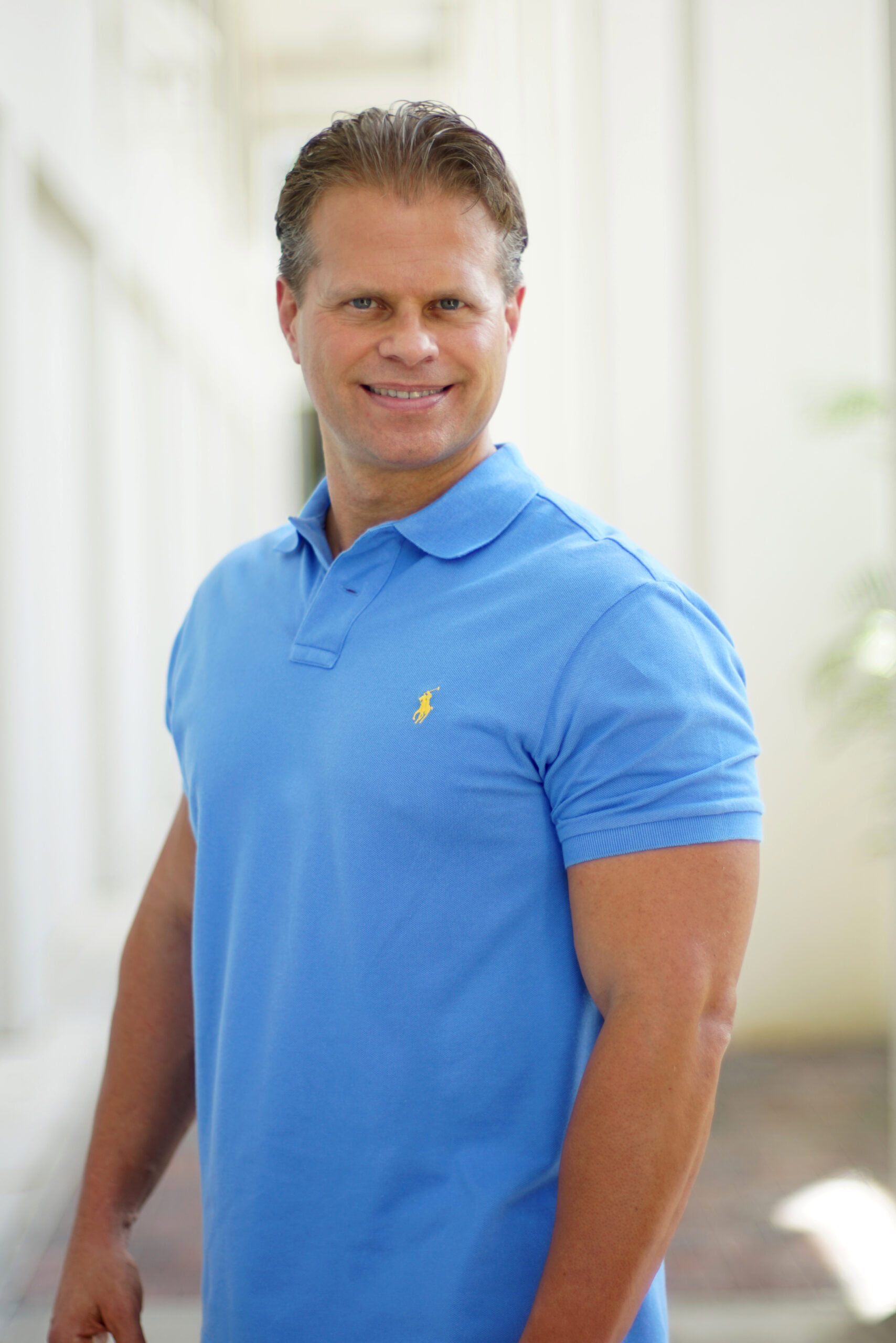
Rethinking Carbs, Sugars, and the Brain
Carbohydrates: Not the Enemy
I recall trying strict low-carb diets in the past and feeling an eerie sense of mental fog. Dr. Lewis affirmed that the brain’s preferred fuel is glucose—so if we eliminate all carbs, our body must convert muscle or fat into glucose through gluconeogenesis. That might help weight loss in the short term, but is it truly beneficial if your mind feels like it’s running on empty?
For him, there’s a difference between refined carbs (think sugary snacks and white flour) and natural carbs (fresh fruits, whole grains, legumes). The latter comes bundled with vitamins, minerals, antioxidants, and beneficial fibers that fuel the body in a more balanced manner. This nuance is too important to ignore—especially when we’re bombarded by the idea that “carbs make you fat.” Some carbs may, but others do just the opposite by supporting physical energy and mental clarity.
Understanding Complex Polysaccharides
Not all sugars are created equal. Dr. Lewis’ research zeroes in on aloe vera and rice bran, both rich in large sugar molecules called polysaccharides. These sugars function as potent immunological signals, telling the body when to dial up or dial down inflammation and how to handle viral or bacterial threats. That’s a far cry from high fructose corn syrup, which is linked to metabolic ailments when consumed in excess.
One reason polysaccharides fascinate Dr. Lewis—and now me, too—is the evidence suggesting they support cognitive function. In his words, they have “incredibly dynamic, efficacious materials that … turn on all of these healing components and healing processes.” No wonder simpler sugars, refined and processed, pale in comparison to these more complex molecules. It’s the same difference as fueling an engine with premium gasoline instead of watered-down gas.
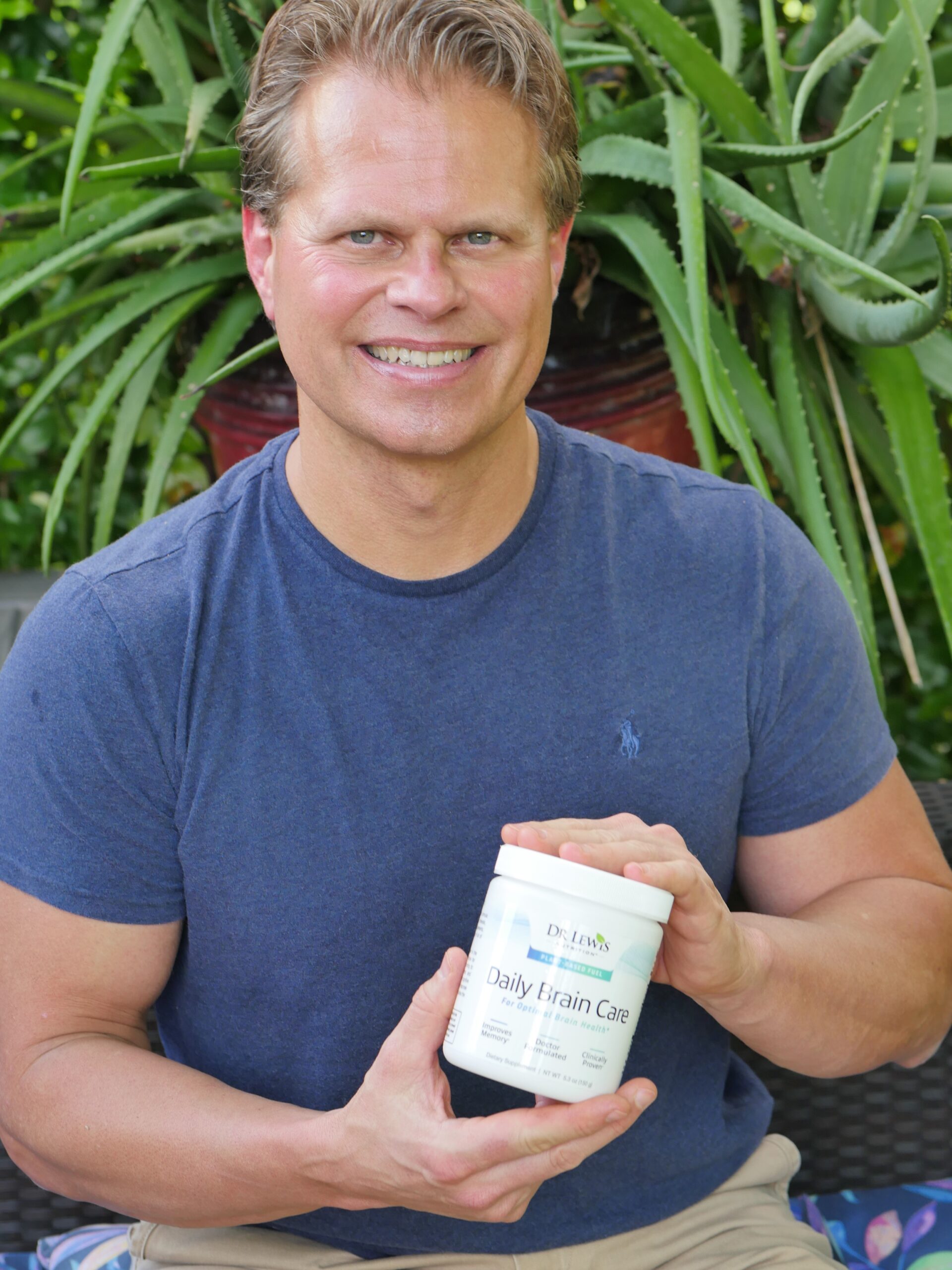
Dr. John Lewis’ Work on Aloe Vera and Brain Health
Not a New Trend, But a New Application
Aloe vera as a home remedy for cuts or scrapes is nothing new. My own parents kept a plant in the kitchen window and would snip a fresh leaf at the first sign of a sunburn. But Dr. Lewis’ exploration goes deeper, looking at aloe’s polysaccharides not just for topical use, but for internal consumption. These specialized components can help the immune system identify problems, manage inflammation, and potentially aid brain function.
Instead of drinking an entire jug of raw aloe gel—which tastes rough and is mostly water—Dr. Lewis’ work involves concentrating on the vital polysaccharides. One product he’s known for is Daily Brain Care, a flagship formula that pairs aloe vera and rice bran polysaccharides. In clinical studies, including those involving Alzheimer’s patients, results indicated improvements in cognitive function over time, which is extraordinarily rare in research focusing on moderate to severe Alzheimer’s disease.
A Different Paradigm from Pharmaceuticals
Dr. Lewis is careful to highlight that he’s not claiming to “treat disease” in the same way pharmaceutical companies do. The difference, he says, is that pharmaceuticals often target a specific pathway to mitigate a symptom. By contrast, nutrition offers raw materials the body interprets and uses according to genetic code. In essence, these polysaccharides give the body the building blocks to help itself. It’s less about overriding a symptom and more about providing the right tools for system-wide health.
Join our community
Connect with like-minded individuals.
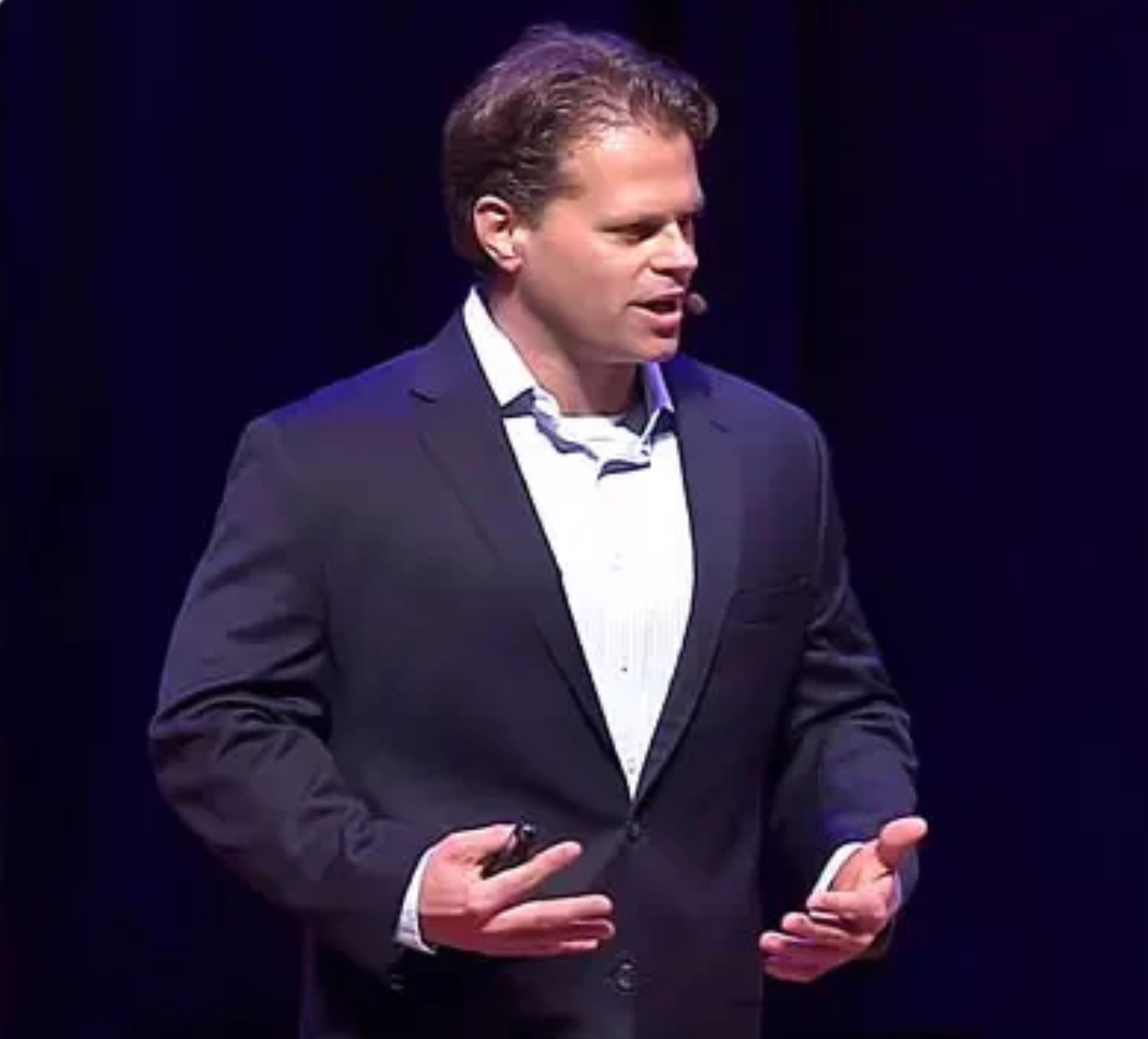
Three Tips to Make Your New Year’s Resolution Work
Tip 1: Gather Objective Data
This advice felt like a breath of fresh air. Instead of blindly trying the newest fad, Dr. Lewis recommends starting the new year by collecting baseline data—blood panels, body composition metrics, and perhaps a vitamin D check. After three or four months of dietary changes, you can recheck those same metrics to see whether your new approach is truly helping. Data cuts through the guesswork, letting you know if that new regimen is as effective as it feels. Weight can be deceptive; you might drop pounds on the scale but miss early warning signs hidden in your blood work.
Tip 2: Seek Proper Support
Food addiction is real. Many of us turn to comfort eating, mindlessly snack throughout the day, or have fallen for “clean your plate” habits from childhood. If these patterns run deep, you might benefit from psychological or nutritional counseling—someone trained to help unearth the emotional layers behind cravings. Meanwhile, a good nutritionist or a dedicated fitness coach can tailor a plan that suits your lifestyle and preferences. Leaning on expertise and accountability can help keep you on track when motivation dips.
Tip 3: Own Your Choices
According to Dr. Lewis, a big chunk of chronic disease in America arises from lifestyle rather than genetics or the random whims of fate. Take personal responsibility for daily decisions: what you eat, how you move, how you manage stress, and how you rest. Outsourcing everything to a prescription or deferring to a doctor without engaging with your own health journey sets you up for disappointment. Being your own advocate in a system that often prioritizes medication over prevention can seem daunting at first, but the payoff—better health, more clarity, fewer regrets—makes it well worth the effort.
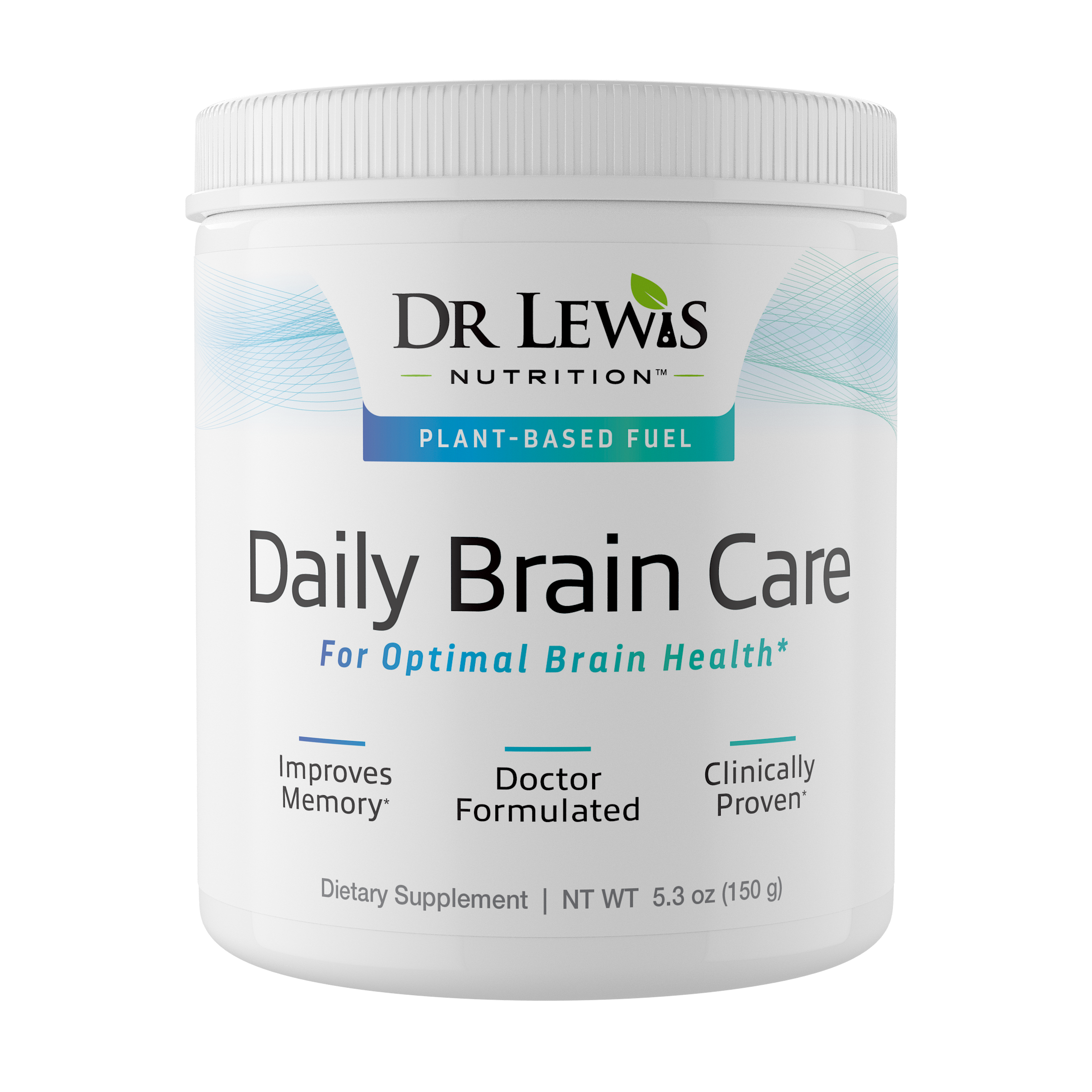
Using Supplements Wisely
Filling Nutrient Gaps
I’ve long believed that no single eating plan guarantees every nutrient we need, no matter how whole foods are. Some soils lack sufficient minerals, and our hectic schedules might make consistent home-cooked meals challenging. This is where supplements step in, bridging the gap and ensuring we get what our bodies require. Dr. Lewis highlighted the importance of checking for deficiencies, especially in vitamin D and magnesium, both of which are surprisingly lacking in modern diets.
Custom Formulations for Better Health
One area that clearly excites Dr. Lewis is harnessing the synergy between different nutrients. He mentioned new formulas on the horizon—like vitamin D3 K2, curcumin, and EGCG (a green tea extract)—all combined with bio-enhancement technology to improve absorption. The key is targeting different health aspects: inflammation, immune function, cognitive support, and more. If you’re taking a supplement, the best strategy is to understand why you need it, how it interacts with your body, and whether it pairs well with your current diet. That means reading labels, checking the science, or even consulting a trusted health professional.
Dr. John Lewis: Always Looking Ahead
When asked about future projects, Dr. Lewis mentioned working on product lines that focus on specific health pillars, like Daily Immune Care and Daily Eye Care, in addition to his existing Daily Brain Care product. He’s all about making these formulations accessible and potent, ensuring they target precise needs without unnecessary additives. While his ultimate dream includes returning to academic research at some point, funding challenges remain. For now, he’s pouring his efforts into product innovation.
This resonates with me because it shows the dynamic relationship between research and entrepreneurship—both can fuel progress, often meeting in the middle to deliver user-friendly solutions backed by scientific rigor.
Moving Forward with Body and Mind in Focus
What strikes me most is how practical and grounded these insights are. When you strip away the noise of social media ads, quick-fix promotions, and contradictory headlines, simple truths emerge: Eat nourishing foods, let yourself adapt gradually, and choose supplements based on actual need, not marketing hype. Consider how each meal or habit influences not just your waistline but also your brain and overall vitality.
No one is saying we must be perfect. There’s nothing inherently wrong with enjoying your favorite treats on occasion or finding a medication that truly helps a specific condition. The key is striking a balance—maintaining awareness of what we want our bodies and minds to accomplish in the long run and making choices that foster health instead of draining it.
If this discussion has sparked even a glimmer of curiosity, that’s fantastic. Maybe it’s time to treat yourself to a deeper reading on how the body processes different foods. Or perhaps you’ll reach out to a nutritionist to assess what might be missing from your daily routine. You might even dive into research about aloe vera polysaccharides and see if the science resonates with your personal needs. Information is everywhere, but it’s up to each of us to make it personal and actionable.
An Invitation to Stay Connected
I hope that you walk away feeling encouraged, not overwhelmed. If you’d like to continue this journey, feel free to hop onto my email list, and I’ll send updates whenever new stories or events come up. I’m always eager to share insights from conversations like the one with Dr. John Lewis—where real-world solutions meet fascinating scientific discoveries.
Keep in mind that lasting success comes from a mix of curiosity, consistency, and compassion for yourself. Each positive shift, however small, contributes to a bigger, brighter vision for health. And that’s where the real magic lies—one mindful choice at a time, day after day, in unwavering support of a life lived fully with body and mind in focus.
Watch the complete interview here.
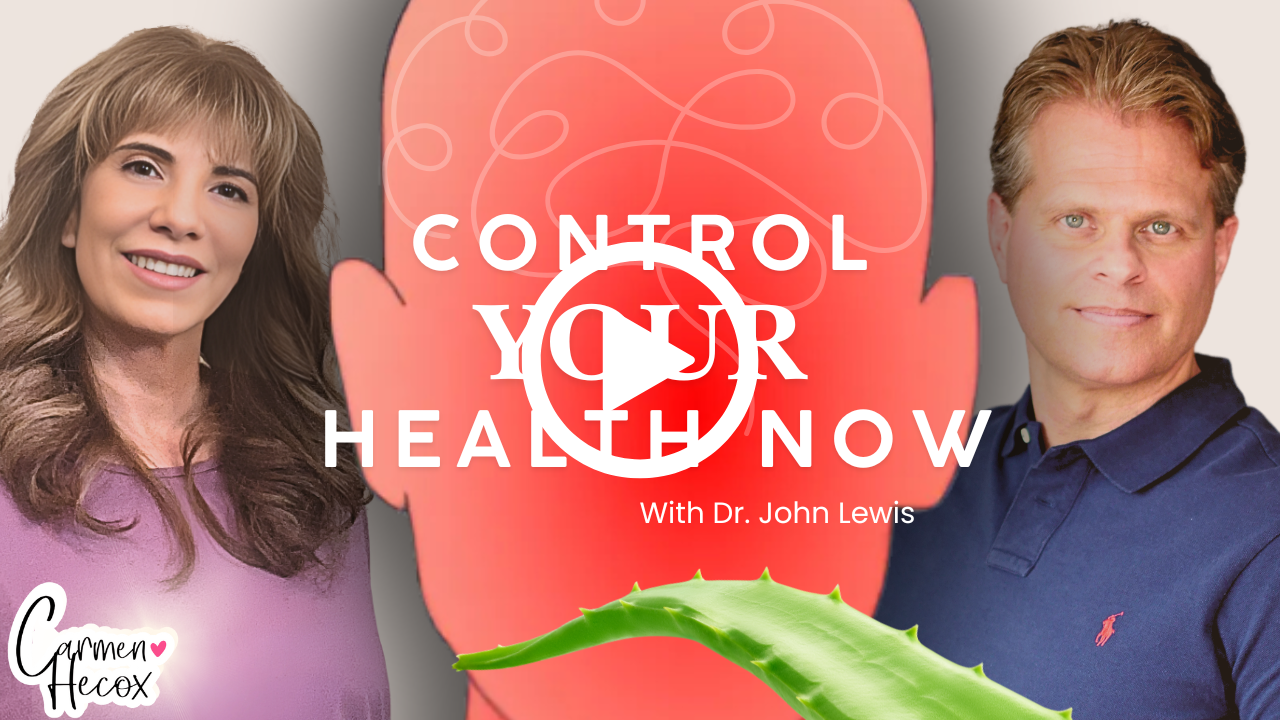
Resources Mentioned:
Subscribe to Apple Podcasts, and don't forget to Rate and Review
Like what you heard? If so, please rate and comment on Apple Podcasts. And while you are there, let me know what you want to hear next.
And while you are there, don't forget to hit Subscribe.

